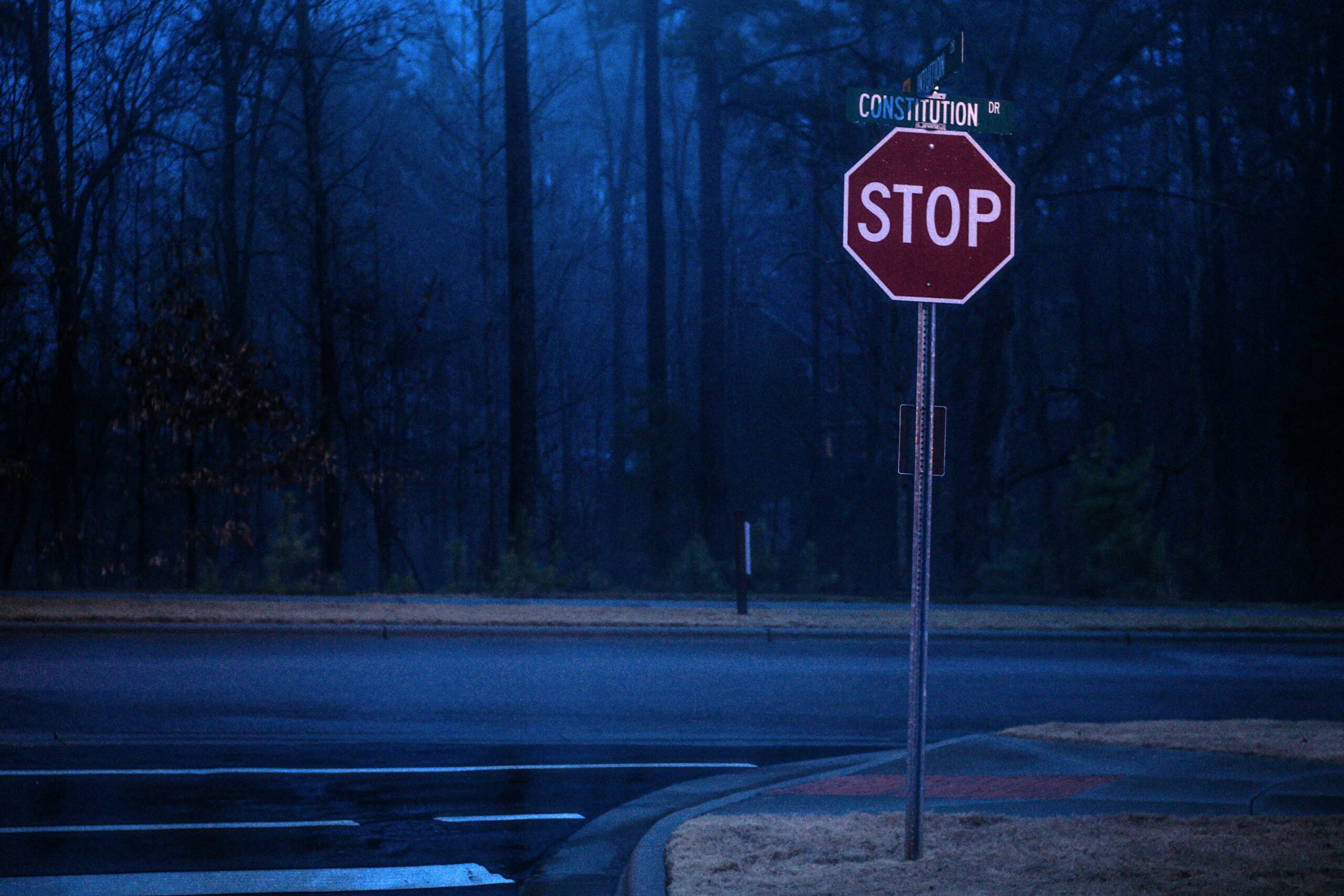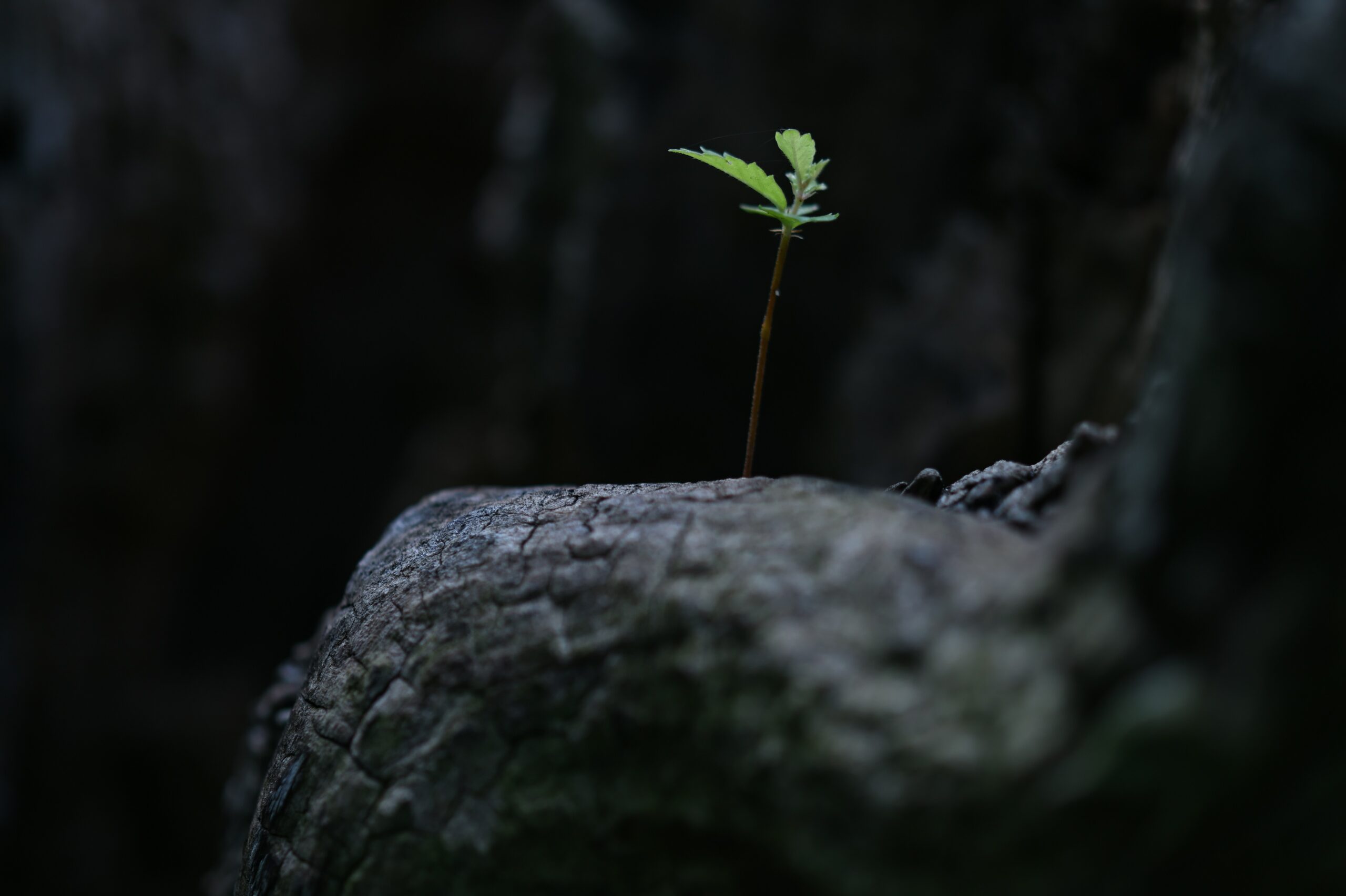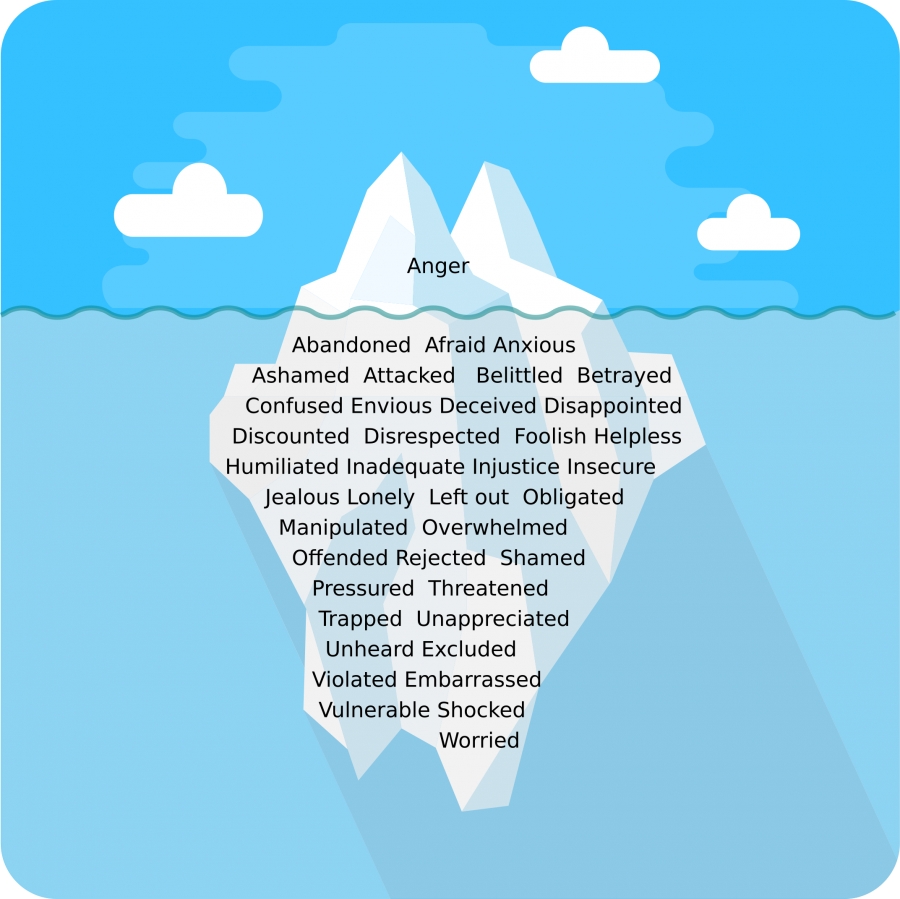You are now halfway through the 7-part essay. Feel free to jump to a specific section below.
- Part 1. The taboo of anger
- Part 2: Culture and personality types
- Part 3: Anger as personal power
- Part 4: Anger vs. trauma, depression. What anger has to do with freedom and choice?
- Part 5: Unmet needs. How is anger part of our creativity?
- part 6: Anger necessary for progress
- Part 7: Courage to embrace anger
Limitations and obstacles vs. freedom and choice
My mentor says that anger is a response to a limitation or an obstacle. These can be both our own internal and external limitations. Our attitudes, needs, and beliefs around these limitations will determine the level of aggravation we feel.

Often, we can’t influence external circumstances, let’s say it’s raining, and we are annoyed as we made picnic plans in the park. The rain won’t be very empathetic towards our emotions, but what we can do is acknowledge and feel our disappointment with the circumstance. After that, we can move on and think of some solutions and alternative plans. On the other hand, if someone invited us for a picnic but we didn’t feel like going, we might feel relieved and thankful for the rain, as the event got cancelled. So, our response depends on our thinking about the situation and on our needs, which I will discuss more in the next section.
The question is: What am I going to do with my anger when I stumble upon a limitation? Can I take any action to remove the obstacle or tackle it? What creative decisions can I take when I’m unable to influence the external limitations? And which limitations am I willing to tolerate or not? Figuring out answers to these questions is part of figuring out the art of living.
Expectations vs. reality
Ethan Kross, a neuroscientist and experimental psychologist, gives us another explanation behind anger:
“We experience anger in situations where our view of the world has been violated in some way, and the opportunity to fix the situation exists.”
When our expectations and standards do not match reality, we are likely to feel annoyed. Our dissatisfaction with what is will activate us to overcome it. So, how can we use life challenges and turn them to our advantage? This could be our best revenge 😉
There are constant limitations and undesirable outcomes we face every day. Maybe we are restricted by the law or bureaucracy in our country, which seems unreasonable. Anger will motivate us to evaluate the situation and seek other alternatives, even to move to another country. Perhaps we feel annoyed with the reality of having only 24 hours per day, and we cannot possibly fit in with all the demands of life. Well, we can’t bend the time limitation, but our anger can become the impetus to revisit our priorities, focus on what really matters to us, and reject, let’s say, mindless scrolling. Presumably, we are fed up with our corporate job. Anger would drive us to look for another job, change our profession, or even start up our own company. It is likely that we are dissatisfied with our superficial or unhealthy relationships. Anger could push us to revisit our attachment style, become more selective, and seek meaningful connections.

Of course, we feel a variety of other feelings, not only anger in these situations, but anger would be our driving force, our fuel. I heard from Joe Hudson that in the Tibetan world, they say: “Anger unresisted is determination and clarity ”. It becomes our advocate, disapproving of the status quo, and protesting. It is a call for action, change, shift, reinvention, even revolution. With anger that demands improvement and change, giving up or procrastinating is not an option. We are compelled and determined to act.
Rage and trauma
We were fed this false belief and misconception that mature, emotionally healthy people don’t dwell on anger and are able to let it go, move on. But how can we let go of something if it’s not resolved, never talked about, denied, rejected, or worse, if we continue to experience the hurt or wrongdoing caused by others, with no hope for change? Our anger demands some justice, resolution, reparation, and compensation. Of course, we’re going to be furious, resentful, and hold grudges until we speak up and/or find a satisfactory closure. One of the examples is early childhood trauma. Many people live their lives dissociated and unaware of the (old) traumas they carry inside their bodies. If our hurt and rage remain unresolved, lingering and hidden in our subconscious, that is when it runs a risk of becoming aggressive, destructive, out of control, like boiling water with a tight lid on it, a volcano ready to explode at the least expected moment.

Any unresolved trauma can also cause self-directed aggression, either that’s physical self-harm, addictions, mental self-loathing, and in its extreme form, suicide. A tragic case was Van Gogh, who cut off his ear and eventually killed himself. I can imagine his pain; how much he must have felt misunderstood and unappreciated by the culture of his time. Disowned, unprocessed, and chronic anger can turn into an autoimmune disease or even cancer, “eating” us from inside. Dr Gabor Mate gives evidence through his work experience:
“Repressing anger takes a huge physiological toll on our nervous system, on our guts, on our immune system. These people are more likely to develop IBS, autoimmune disease and all kinds of other conditions”.
Anger, like any other emotion, comes back like a boomerang if we try to lock, block, and resist it. On the contrary, it will subside organically at its own pace as a side effect of us addressing the real issues and our needs underneath it. Perhaps it’s similar to forgiveness – people want to jump to forgive quickly, in order to feel better about themselves and move on. But that would mean skipping a whole process of resolving and grieving not only what happened but also what didn’t happen. I don’t believe in shortcuts in life.
Anger and depression
“Usually when people are sad, they don’t do anything. They just cry over their condition. But when they get angry, they bring about a change.” (Malcolm X, civil rights activists)
Depression is one of the symptoms of our repressed anger. When we de-press, from Latin to “press down”, “cover”, “compress”, and push down our emotions, our anger, we are left feeling powerless, hopeless, and apathetic. We are unable to face any life challenges. In contrast, when we are engaged with our radiant, intelligent rage, is it possible to stay depressed for a long time? I heard someone say: depression is a punishment for not fully feeling our emotions.

Of course, there is space for sadness and grief, too, but it’s different from a chronic depressive state of inaction and lethargy. Some people adopted a habit of responding to their life circumstances with a “learned helplessness” – a phenomenon observed by psychologist Martin Seligman. For some people, numbing their anger, outsourcing decisions, and giving up their freedom to others can be more comfortable and risk-free than taking responsibility for themselves and facing the consequences of their decisions. What would prompt us to act or make a difference in the face of an intolerable or unhealthy situation in our lives if we are unable to feel adequately outraged? Can we still use our sense of choice, freedom, and empowerment if we ignore and abandon the fire burning inside us?
While some switch to a learned helplessness instead of owning their anger, others use anger as a default emotion to cover up feelings of sadness, humiliation, fear, hurt, and despair (see the Iceberg model). We associate the latter emotions with feeling exposed, weak, and vulnerable. So, anger becomes a defensive mechanism. It protects us from a sense of powerlessness and fragility. Eric Berne (1964) called it a “racket feeling”, a form of shield.

Virtue or vice?
Aristotle argued that every virtue carried to the extreme becomes a vice. The vice of deficiency and the vice of excess. The vice of deficiency for anger would be apathy, passivity, depression, lack of spirit, and action. The vice of excess for anger is chronic irascibility and rage. The concept of virtue falls between two vices. It’s similar to the ancient Chinese philosophy, which incorporates the yin and yang concept. It’s not desirable to have too much yin energy – peace, equanimity, femininity – we need to balance it out with the yang – igniting fire, action, masculinity.
On one hand, if we give in to every limitation, we might not even get out of bed. On the other hand, if we try to fight every obstacle, we might end up being like the character Don Quixote tilting at windmills. It will drain our energy but lead nowhere. Thus, do we have the ability to discern which causes are worth fighting for, and which ones to let go?
Freedom and choice
I’m advocating for anger because it’s one of the foundations of our freedom, autonomy, voice, choice, and agency. If we know how to channel it effectively, anger won’t let us give up in the face of struggles, hardship, injustice, mistreatment, disrespect, and unfair accusations.

I hear people say: What’s the point of feeling angry if it’s not taking me anywhere?
First of all, a simple recognition and being heard by someone who cares (even if it’s just us) that we are justified in feeling angry can already be validating and reduce the intensity of it. If we only focus on cultivating our anger, reliving it over again, and letting it simmer, sure, that’s not much of a use; it could turn into toxicity, indulging ourselves in victimhood.
Let’s say we have a job or a person in our life that we can’t quit or stop contacting for the time being. Great, so how could we reframe the situation in our minds, realise that in the end it’s our choice, our decision to stay in this situation and tolerate the consequences, that this is temporary, and it indirectly meets our other goals to get to the next step? This is transforming anger, rather than staying in a victim position. Even though the situation externally didn’t change, we shifted our attitude and perspective on it. We realised our choice and freedom, that we don’t have to do or stay with whatever is so unfair or difficult, but we are choosing, we maintain our agency. So, we used anger as a catalyst to reflect and make a conscious decision aligned with our values. We owned it, we are not victims anymore. We always have a choice; our inner liberty can’t be taken away no matter how impossible the situation is, as Viktor Frankl shows through his survival in the Nazi death camps in his book Man’s Search for Meaning. Anger won’t let others take away our internal freedom, and also, we need anger to fight for freedom.
Check out part 5 to learn what anger reveals about our needs, its connection to creativity, daimonic, and evil.